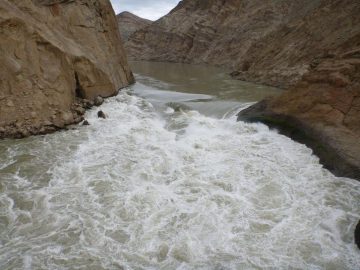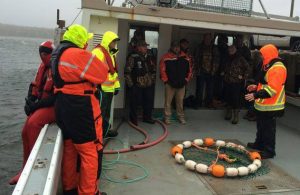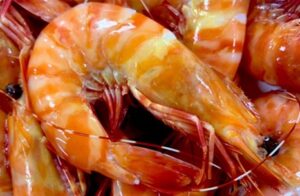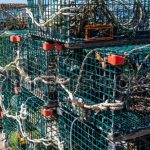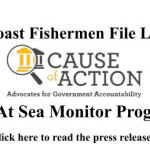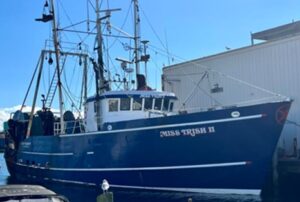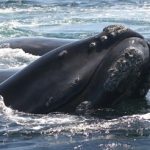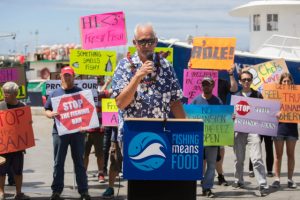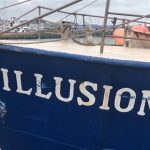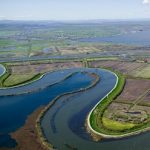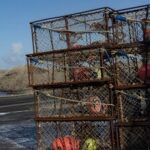Daily Archives: August 6, 2019
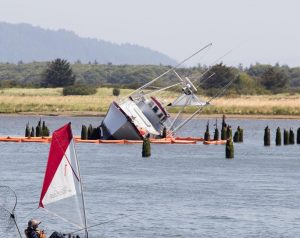
Koko wrecks against channel pilings
The narrow Ilwaco channel proved it can endanger anyone when the 47-foot tuna boat Koko got tangled up in a trap of rotten old pilings and eventually overturned. Bad weather not in the forecast caught up with the Koko and skipper Harvey Cosky at about 10 p.m. last Friday night as the vessel was returning from a successful albacore trip. Even with decades of local experience, the skipper and his veteran one-man crew couldn’t help being blown off course in the murky conditions. Personnel at U.S. Coast Guard Station Cape Disappointment were unable to get to them ,,, >click to read< 18:23
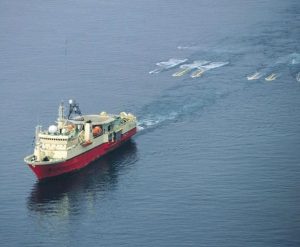
SC anti-drilling group calls on DHEC to pull back seismic permit approvals
Don’t allow three companies to conduct seismic blast testing offshore, an environmental group is telling state regulators. The South Carolina Environmental Law Project urged the S.C. Department of Health and Environmental Control to work with federal regulators to reconsider approvals given four years ago. The request, which is not binding, was sent Tuesday. It comes after DHEC in July rejected plans by WesternGeco, a Texas-based exploration company to conduct seismic testing offshore. It is one of six companies seeking federal permits. >click to read< 17:15
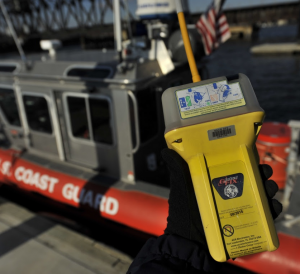
Coast Guard urges EPIRB education to save taxpayer dollars, lives
When the Coast Guard receives an EPIRB alert and cannot trace it to the owner due to missing or outdated registration information, they launch aircraft and boat crews to search the area for signs of distress. It costs approximately $15,000 per hour to fly a C-130 Hercules aircraft, $10,000 per hour to fly an MH-60 Jayhawk helicopter, and $5,000 per hour to operate a Coast Guard small boat. Since October 1, 2018, there have been 16 confirmed false alerts for distress beacons in Alaska that cost the taxpayer approximately $353,108. Of those 16 cases, three of the distress beacons were located in garbage dumps. The cost for searching for those beacons was approximately $35,000. >click to read< 14:53
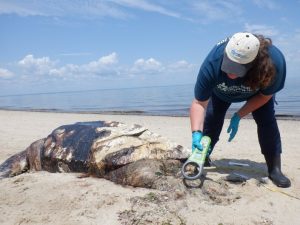
73% Of Sea Turtles Killed In 2019 Died From Vessel Strikes: AMCS
A startling number of sea turtle deaths in local waters have been attributed to vessel strikes, a new report says. The Atlantic Marine Conservation Society said, so far in 2019, the organization has responded to 168 marine mammals, including whales, dolphins, porpoises, seals, and sea turtles that have stranded on New York shores. Sea turtles specifically, which share area waters in the warmer months, have been significantly impacted by humans, with 73% having been struck and killed by marine vessels from the East End of Long Island into New York City,,, >click to read< 13:00
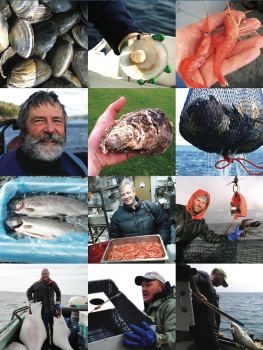
The Global Ocean Grab – Fishing Rights: We can still help save our BC fishing communities!
The sea is an open space that, beyond coastal waters, does not belong to any particular nation or group. People have been harvesting food directly from the sea since time immemorial and the oceans are a resource that belongs to all humanity. Unfortunately, in the age of globalization, the management of this shared heritage of limited resources is based on legal frameworks that undermine small-scale fishers and community management systems while reinforcing the disproportionate power of corporations and other private actors. One of these “legal” mechanisms involves reallocating access to fishing rights and quotas to increase economic efficiency, but this model is very weak in regards to conservation and ensuring equity and social justice. >click to read< 10:42
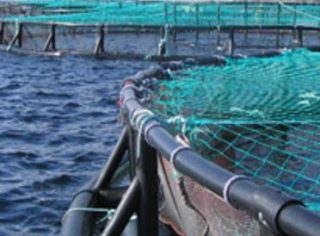
Letter: Open-net pen aquaculture is a failed technology
From the letter, The key question is whether the future of salmon aquaculture in the North American market will be closed-containment land-based (CCLB) or open-net pen (ONP). The government of Newfoundland and Labrador is betting $30 million that projects like the environmentally disastrous Grieg ONP project planned for Placentia Bay will carry the day and Couturier agrees. ACOA is in for another $10 million grant, not loan, according to its website. Meanwhile, as The Telegram article demonstrates, companies like Nordic Aquafarms in Belfast, Maine, are forging ahead with CCLB projects in Maine and many other U.S. locations. These projects use Recirculatory Aquaculture Systems (RAS), by Leo White >click to read< 09:08






